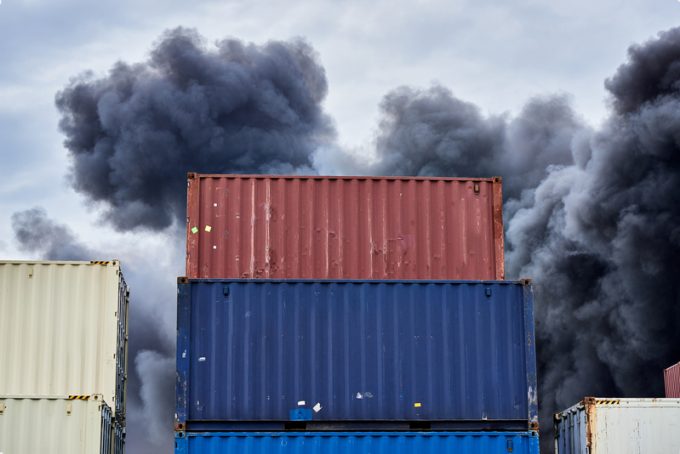Red Sea attacks on ships could continue, despite Gaza ceasefire
Despite a lull in attacks on shipping this month, Houthi suggestions are that they may ...

More fires on containerships and car-carriers are forcing the industry to focus on the dangers of lithium ion batteries – found in most modern technology from electric cars to mobile phones – and the intense heat generated when they catch fire.
The air cargo industry has had a spotlight on the danger for a long time, but now the shipping industry is beginning to act.
Insurer TT Club is working to engage the industry on the issue – but there is a ...
Trump tariffs see hundreds of cancelled container bookings a day from Asia
Macron calls for ‘suspension’ – CMA CGM's $20bn US investment in doubt
De minimis exemption on shipments from China to the US will end in May
Forwarders stay cool as US 'liberation day' tariffs threaten 'global trade war'
Mixed response in US to 'Liberation Day', while China leads wave of retaliation
Tariffs and de minimis set air freight rates on a volatile course
Overcapacity looms for ocean trades – with more blanked sailings inevitable
'To ship or not to ship', the question for US importers amid tariff uncertainty
List of blanked transpac sailings grows as trade war heats up and demand cools
East-west rates diverge as transpac spots hold while Asia-Europe keeps falling
'Chaos after chaos' coming from de minimis changes and more tariffs


Comment on this article